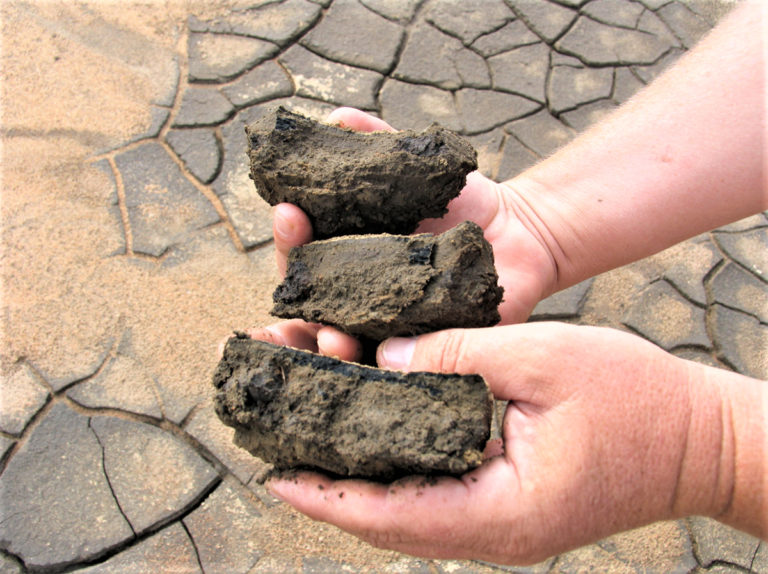
Responsibility
Decomposition of organic matter in aquaculture systems
In his latest article, Professor Boyd discusses various aspects of the origin and decomposition of organic matter in various aquaculture systems.
Intelligence
Authors attempt to environmentally assess feeding areas of large shrimp ponds with acoustic feeders, a key step to improving production efficiency.

Responsibility
In his latest article, Professor Boyd discusses various aspects of the origin and decomposition of organic matter in various aquaculture systems.
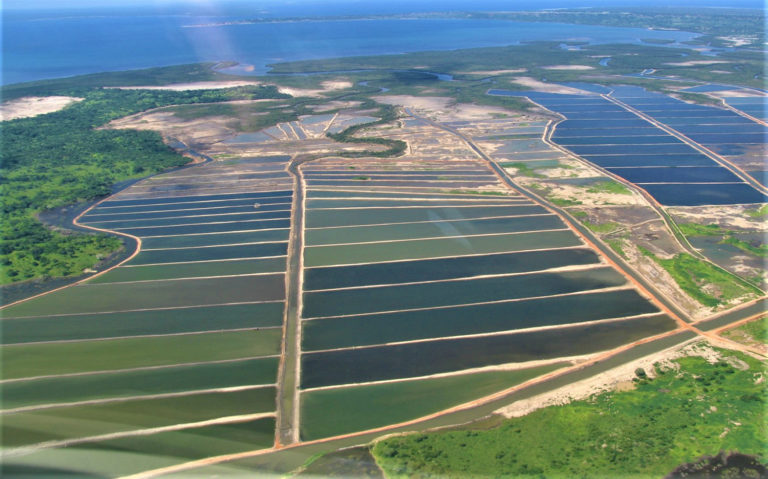
Responsibility
Prof. Boyd discusses the role of bacteria in the biological dynamics of ponds as essential for maintaining proper ecological function and adequate water quality.
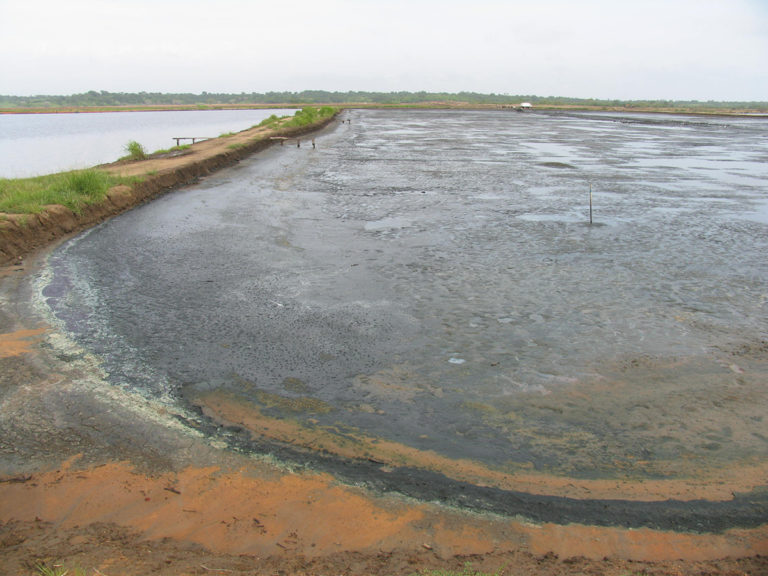
Responsibility
Preventing diseases is a major concern in shrimp farming. Pond preparation focuses on avoiding the carryover of disease organisms from one crop to the next.
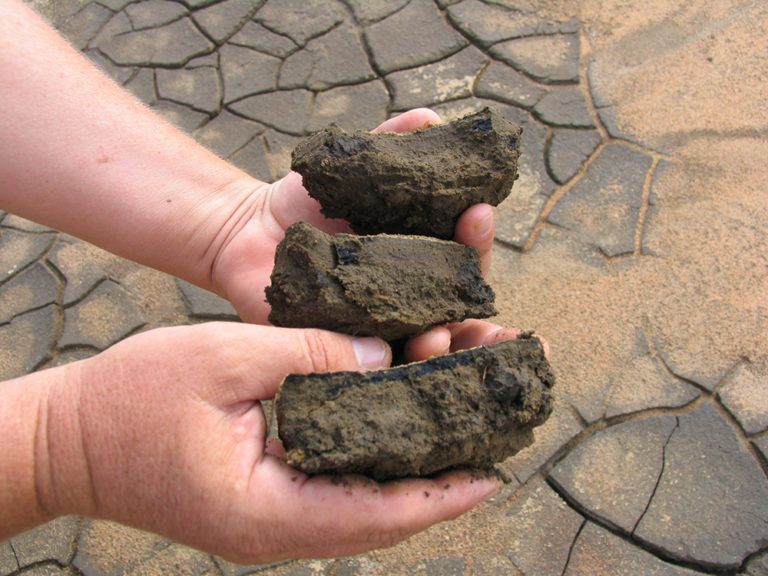
Health & Welfare
Organic matter decomposition causes most of the water quality issues in aquaculture ponds. Bacterial populations are the primary organisms of decay in an aquaculture system, including its organic matter.
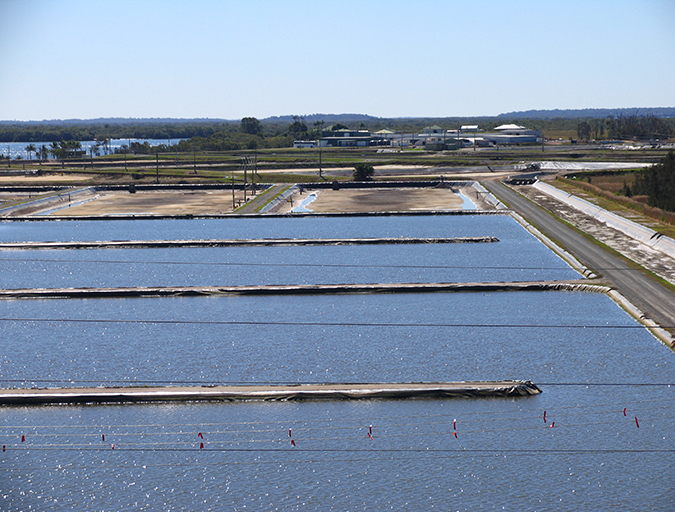
Health & Welfare
La atención al pH, una escala numérica usada para especificar la condición ácida o alcalina de una solución acuosa, es muy importante. La reducción de la biomasa y de las tasas de alimentación junto con el control del fitoplancton y el encalado pueden mantener el pH en valores deseables.
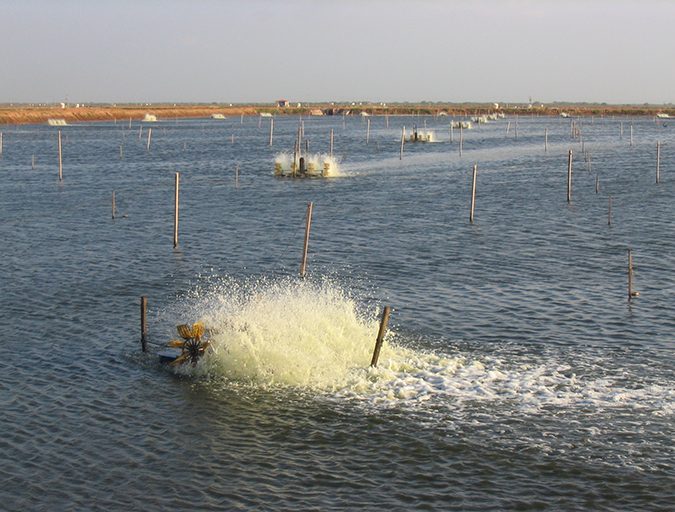
Health & Welfare
Los estanques acuícolas acumulan materia orgánica de fertilizantes orgánicos, restos de micro-organismos producidos dentro del estanque, las heces de los animales criados y el alimento no-consumido. Claude E. Boyd, Ph.D., detalla las principales prácticas de gestión de la materia orgánica, y dice que frecuentemente la acumulación de materia orgánica no es tan grande como se creía.
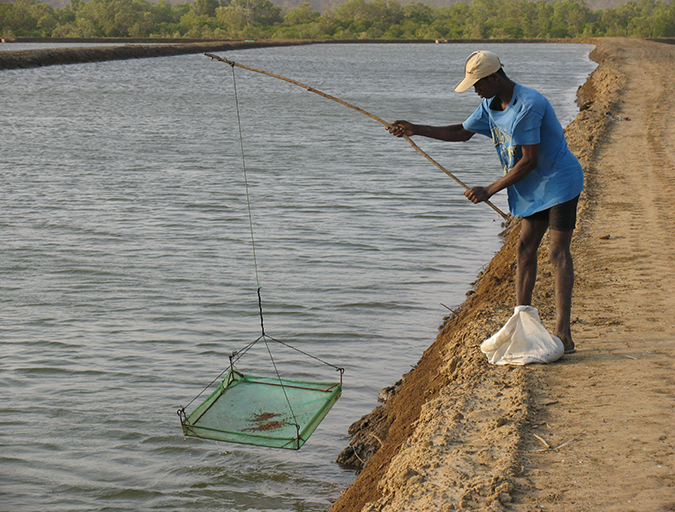
Health & Welfare
Aquaculture ponds accumulate organic matter from organic fertilizer, remains of microorganisms produced within the pond, feces of the culture animals and uneaten feed. Claude E. Boyd, Ph.D., details the leading organic matter management practices, and says that the accumulation of organic matter is often not as great as believed.
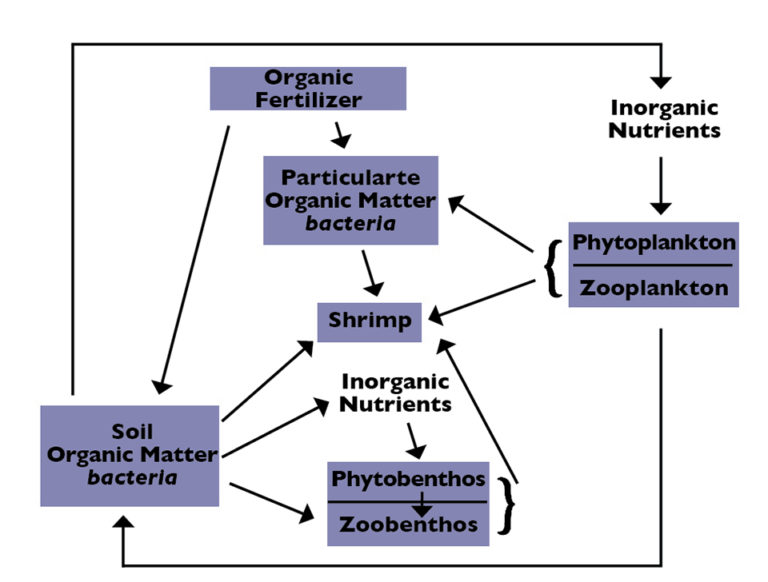
Responsibility
Animal manures, grasses and other organic matter have been widely used as fertilizers in aquaculture ponds. The fertilizers decompose and release nutrients that promote the growth of phytoplankton and enhance the base of the food web.
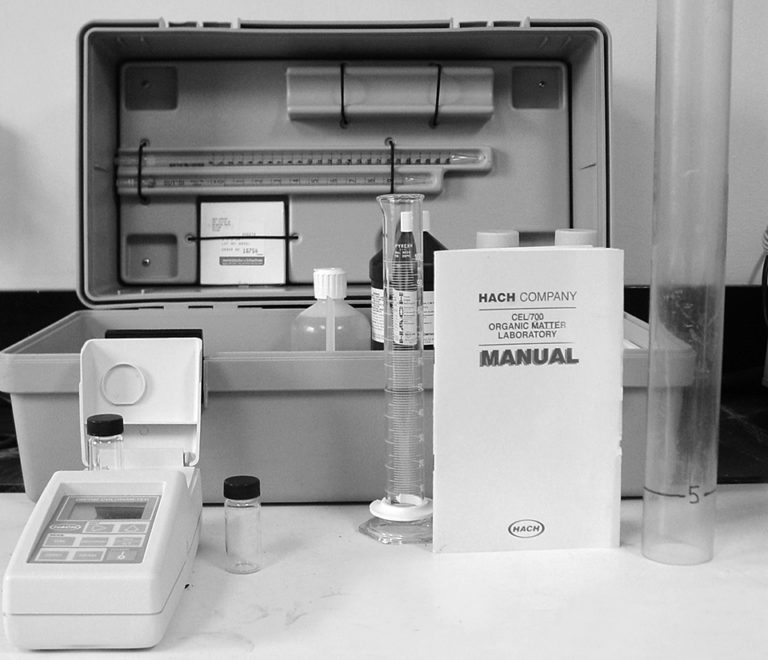
Responsibility
Organic matter – including fertilizers, unconsumed feed and feces of culture animals – settles to pond bottoms, often with a negative impact on water quality.